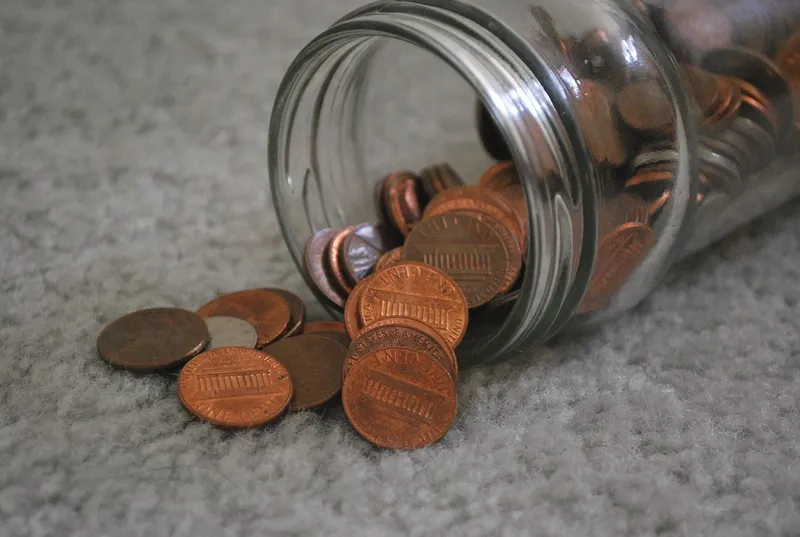Should You Get Cash for Your Settlement? Pros and Cons Explained
By Mike Aiello / July 29, 2025

Receiving a structured settlement from a personal injury case, wrongful death claim, or workers' compensation payout can provide a reliable stream of income over time. These payments are often issued monthly, quarterly, or annually, offering long-term financial support. However, life is unpredictable. Unexpected medical bills, debt, tuition costs, or new investment opportunities might lead you to consider an alternative: getting cash for settlements now instead of waiting for smaller, spaced-out payments.
Choosing to exchange future payments for a lump sum is a major financial decision — one that comes with both potential advantages and drawbacks. In this article, we'll explore the key pros and cons of accessing your settlement money upfront, so you can decide if it's the right move for your current and future needs.
What Does It Mean to Sell a Settlement for Cash?
When you "sell" a structured settlement, you're essentially transferring your right to future payments to a third-party funding company in exchange for a lump sum of cash upfront. This process is legal but regulated by state laws and often requires court approval to ensure it's in your best interest.
You don't have to sell the full amount—you can choose to sell only a portion of your future payments, which still allows for some income later while providing access to immediate cash now.
The Pros
Immediate Access to Funds
Life can throw unexpected challenges your way. Whether it's a medical emergency, job loss, mounting debt, or the desire to buy a home or start a business, a lump sum of cash can offer the financial flexibility to manage these situations more effectively than small recurring payments.
Opportunity to Pay Off Debt
High-interest debt, like credit cards or payday loans, can eat away at your monthly income. Using a lump sum from your settlement to pay off these obligations could free up cash flow and reduce long-term interest payments.
Funding Major Life Goals
A structured settlement may not align with your current financial goals. Selling your future payments could provide the means to:
- Pay college tuition
- Purchase a home
- Launch a business
- Relocate for better opportunities
These decisions can ultimately increase your earning potential or quality of life over time.
Inflation Protection
Over time, inflation decreases the purchasing power of money. If your structured settlement doesn't account for inflation (many don't), the fixed payments may lose value in real terms. Taking a lump sum now could allow you to invest or spend the money before it devalues further.
Partial Sale Options
You don't have to sell the entire settlement. Many people choose to sell only a few years' worth of payments, retaining some long-term income. This flexible approach can balance immediate needs with future security.
The Cons
You'll Receive Less Than the Total Amount
Perhaps the biggest drawback is the discount applied to your future payments. You may only receive 60% to 80% (or less) of the total value of your future payments. This reduction is the trade-off for gaining quick access to cash.
Loss of Guaranteed Income
Structured settlements provide predictable, long-term financial security. If you sell too much of your settlement, you may lose your financial safety net and face difficulty covering future expenses, especially if your lump sum runs out.
Potential for Financial Mismanagement
Having a large sum of money at once can be tempting, and without a solid financial plan, it's easy to overspend or make poor investment decisions. Many people who receive large payouts end up in worse financial shape just a few years later.
Court Approval Required
To protect consumers from predatory deals, most states require court approval before you can sell your settlement. The judge will evaluate whether the transaction is in your best interest, especially if the money is meant to support a minor or disabled person.
This legal process can take time and isn't guaranteed to end in approval.
Fees and Costs
There may be additional administrative fees, legal costs, or transaction charges involved in the process. Make sure to read the fine print and understand the total cost of the deal before proceeding.
Questions to Ask Yourself
- What is my reason for selling the settlement? Is it to pay off high-interest debt or fund a critical need, or is it for discretionary spending?
- Am I financially disciplined enough to manage a lump sum wisely?
- Have I compared multiple offers from settlement buyers? Not all offers are equal—always shop around.
- Will I still have financial security after the sale? Consider selling only a portion to maintain long-term income.
- Have I consulted a financial advisor or attorney? Professional advice can help you weigh the short- and long-term impact.
Is Getting Cash for Your Settlement Right for You?
There's no one-size-fits-all answer. Getting cash for your structured settlement can be a smart move if you're facing financial hardship or want to invest in opportunities that will improve your life. However, it also comes with trade-offs, including reduced overall payout and the risk of losing long-term financial security.
Ultimately, this is a personal decision that depends on your goals, financial discipline, and immediate needs. If you do decide to sell, do so with caution – research thoroughly, consult trusted professionals, and make sure the deal truly works in your favor.
Ready to Get Started?
Contact CBC Settlement Funding today for a free, no-obligation quote.
Call 877-313-1417